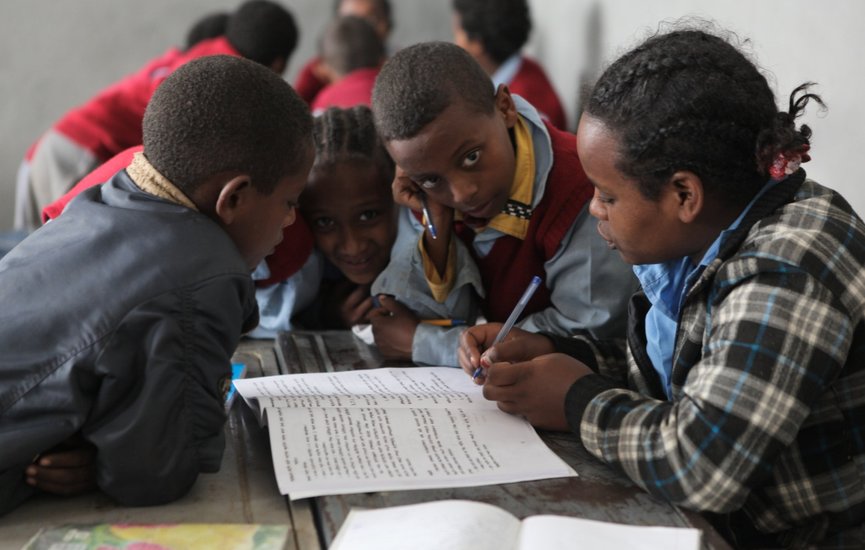By Hassan Ssenyonga | AfricaOne News
Education lies at the heart of Africa’s aspirations for growth, equity, and global relevance. Across the continent, governments and private institutions are investing in learning as a tool for empowerment, social progress, and economic development. But how do African countries rank in terms of education? And what can we learn from the top performers?
While rankings vary depending on criteria, literacy rates, school enrollment, quality of instruction, global competitiveness - some consistent patterns have emerged.
Who’s Leading the Pack?
According to UNESCO, the World Bank, and World Economic Forum data, the following countries typically rank highest in Africa for education outcomes:
🏆 Top-Ranked African Countries in Education (2024)
- Seychelles Universal access, high literacy, strong early childhood programs
- Mauritius Strong public-private partnerships, high literacy, inclusive systems
- South Africa Advanced universities, STEM focus, large investment in education
- Tunisia Free education policy, gender equality in access
- Kenya ICT integration, strong primary and secondary education performance
- Namibia Focus on teacher training and education reform
- Botswana Stable investment, improving tertiary education access
- Ghana Free senior high school (SHS), rising literacy, global partnerships
- Rwanda Digital literacy push, curriculum modernization
- Egypt High tertiary enrollment, focus on research and science
These rankings are influenced by access, quality, investment, and results—particularly literacy rates, school enrollment, international test performance, and teacher-to-student ratios.
Challenges Across the Continent
Despite progress, many African countries still face major educational challenges:
- Low literacy rates: In parts of West and Central Africa, youth literacy is below 60%.
- Underfunding: Several countries allocate less than 3% of GDP to education.
- Infrastructure gaps: Rural schools often lack electricity, internet, and even basic learning materials.
- Learning poverty: According to the World Bank, 9 out of 10 children in sub-Saharan Africa cannot read a simple sentence by age 10.
- Brain drains: Talented students often leave for education abroad and don’t return.
The Road Ahead
Africa is home to the youngest population on Earth—with over 60% under the age of 25. That demographic advantage will only pay off if education systems equip young people to lead, build, and solve the continent’s challenges.
While Seychelles, Mauritius, and South Africa may currently top the charts, countries like Ghana, Rwanda, and Kenya are rising fast. And with greater investment, innovation, and reform, many more nations can climb the ranks.
"Education is the most powerful weapon which you can use to change the world."
Nelson Mandela
